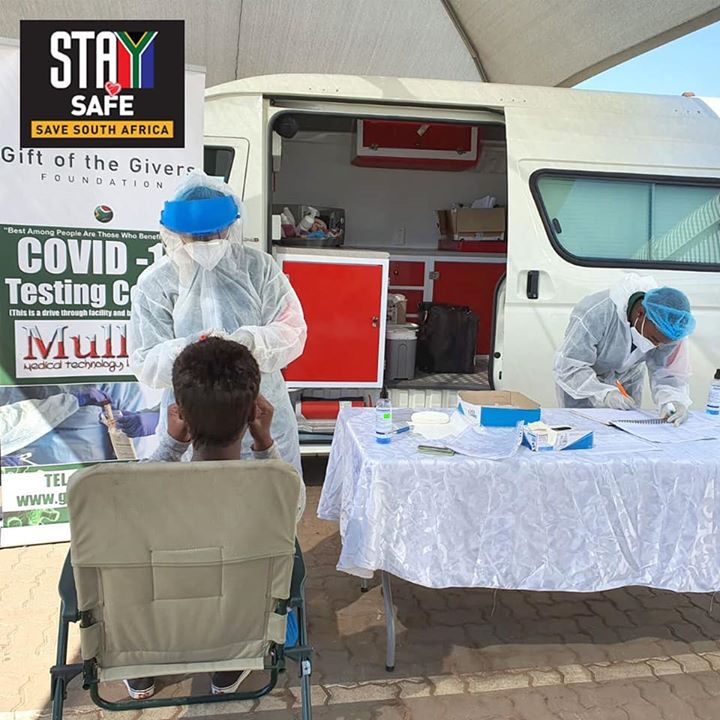- About
- Topics
- Picks
- Audio
- Story
- In-Depth
- Opinion
- News
- Donate
-
Signup for our newsletterOur Editors' Best Picks.Send
Read, Debate: Engage.
| August 21, 2019 | |
|---|---|
| topic: | Discrimination |
| tags: | #Western media, #racism, #bias, #supremacy, #Africa, #New-York-Times, ##someonetellNewYorkTimes |
| located: | Kenya, USA |
| by: | Bob Koigi |
The right candidate, according to the ad, would have an opportunity “to dive into news and enterprise across a wide range of countries, from the deserts of Sudan and the pirate seas of the Horn of Africa, down through the forests of Congo and the shores of Tanzania.” The ad went on to describe the region as one that offered crucial story leads, including terrorism, the scrambling for resources, and tussles between dictatorship and democracy. “There is also the chance to delight our readers with unexpected stories of hope and the changing rhythms of life in a rapidly evolving region,” the ad further read.
Beyond the twitter war under the hashtag someonetellNewYorkTimes that was sparked by furious Kenyans on Twitter, commonly referred to as #KOT and famed for viciously defending the East African country and mocking the Western media’s ignorant and ill-conceived nuances on Kenya and Africa, the job advertisement has rekindled talk on the role the western Media played in shaping the perception of Africa as a dark continent only known for poverty, corruption, diseases, and conflict. One school of thought posits that the Western media is Africa’s number one enemy, and whose reportage is guided by tired and colonial-era stereotypes as well as external sources (as opposed to ones from within the continent itself).
At the beginning of this year, following the deadly terrorist attack at an upmarket hotel complex in Kenya’s capital that claimed 15 lives and left over 30 injured, the New York Times ran photos of victims covered in blood, drawing the ire of Kenyans who criticized the publication for publishing insensitive information and practising digitadouble standards, arguing that the media house wouldn’t publish such images if the attack happened in the West. The backlash was backed by Kenya’s media regulator that gave New York Times an ultimatum to pull down the images from its website or have its correspondents deregistered. The publication stood its ground, insisting that it was guided by its internal editorial policies.
When former U.S. president Barrack Obama was to make his maiden trip to Kenya as commander in chief, CNN carried a story on the security threats the president was exposed to, terming Kenya a hotbed of terror. Kenya netizens picked up an online war christened #someonetellcnn, which saw 75,000 tweets sent in a single day. They eventually and elicited an apology from the network’s management.
In the recent Ethiopian Airlines plane crash that killed all 157 passengers, major Western media houses highlighted the names and countries of victims from the West but failed to mention those from African countries, including Kenya that lost 32 citizens (the largest death toll for any country in the crash). A TRT World news anchor insinuated that the Ethiopian national carrier had a poor safety record, a claim that was disputed by an aviation expert who affirmed that the airline was safe and trusted.
The narrative of Africa as a hopeless continent has been sustained over the years. University of Stanford media scholar Toussaint Nothias indicated in his analysis that between 2007 and 2012, when he reviewed more than 282 articles that appeared in British and French newspapers, there was a pattern of portraying Africa through terms such as 'darkness' and 'tribalism'; Nothias highlighted that such terms were not used to describe communities in the west.
Dr. Maxwell Kihara, a communications expert, argues that the numerous cases where the international media is quick to profile Africa in bad light depict subtle racism and an extension of neocolonialism. “It is a clear sign of a generation of media that has predetermined mindsets guided by a narrative they only know about from the history books. Africa has made huge strides in innovation and has produced some of the biggest icons globally yet those receive little or no coverage. Why is there no balance in coverage by the Western press?” Kihara questions.
Yet Anderson Asiimwe, a journalism lecturer at Victoria University in Uganda, argues that critics of the Western press are being unfair and are afraid of facing the uncomfortable truths about Africa. “Even local news is awash with stories of tragedy and chaos in Africa. Journalism in the West as is the case with Africa is guided by the maxim ‘if it leads it bleeds. Bad news sell everywhere. What we need is for the Africa media to be patriotic to their continent,” Anderson says, insisting that the gap in coverage of the positive side of Africa is because the African media, which has the ability and the knowhow to tell the African story, is not doing so.
For Dr. Kihara, the remedy is to have international media hire local journalists in African bureaus seeing as they understand the region better. “What is the use of hiring a Westerner to come and cover African affairs? Why not hire local journalists who know the dynamics of the Africa, the cultures and way of life which they will then package into a story that moves beyond mere reportage to analysis and is also unbiased?” he asks.
By copying the embed code below, you agree to adhere to our republishing guidelines.

